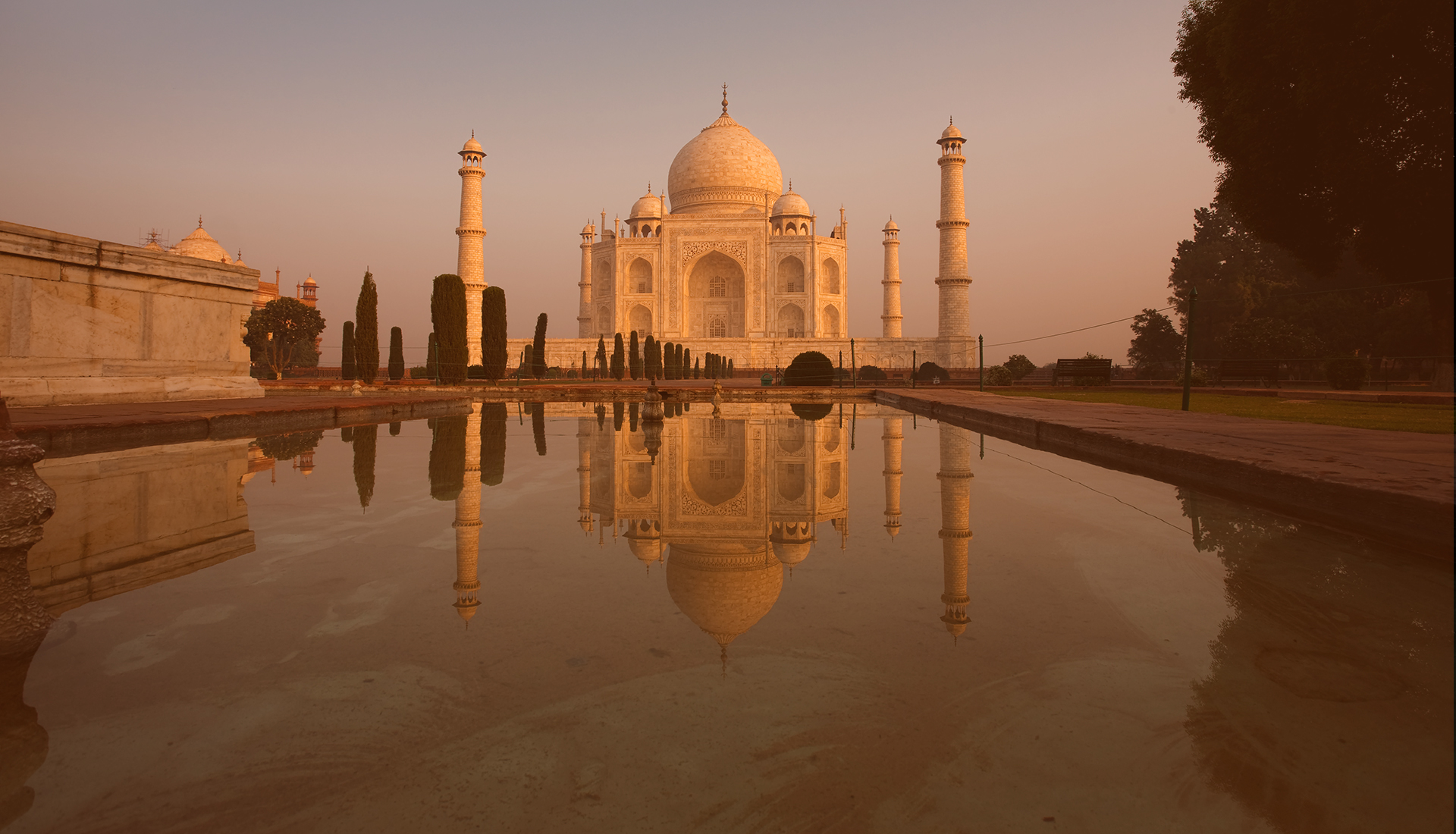SINGAPORE
Singapore, officially the Republic of Singapore is an island city-state in Southeast Asia. It lies one degree (137 kilometres or 85 miles) north of the equator, at the southern tip of the Malay Peninsula, with Indonesia‘s Riau Islands to the south and Peninsular Malaysia to the north. Singapore’s territory consists of one main island along with 62 other islets. After early years of turbulence and despite lacking natural resources and a hinterland, the nation developed rapidly as an Asian Tiger economy, based on external trade and its workforce. The city ranks highly in numerous international rankings, and has been recognised as the most “technology-ready” nation (WEF), top International-meetings city (UIA), city with “best investment potential” (BERI), world’s smartest city, world’s safest country, world’s most competitive economy, recently over-taking United States and Hong Kong. Singapore is the only country in Asia with an AAA sovereign rating from all major rating agencies, and one of 11 worldwide. There are four official languages: English, Malay, Mandarin Chinese, and Tamil; most Singaporeans are bilingual and English serves as the nation’s lingua franca, while Malay is the national language. Its cultural diversity is reflected in its extensive ethnic cuisine and major festivals. Pew Research has found that Singapore has the highest religious diversity in any country.
Climate
Singapore has a tropical rainforest climate with no distinctive seasons, uniform temperature and pressure, high humidity, and abundant rainfall. Since this tropical rainforest climate is more subject to the Intertropical Convergence Zone than the trade winds and cyclones are very rare, it is equatorial. While temperature does not vary greatly throughout the year, there is a wetter monsoon season from November to January. From July to October, there is often haze caused by bush fires in neighboring Indonesia, usually from the island of Sumatra. Although Singapore does not observe daylight saving time (DST), it follows the GMT+8 time zone, one hour ahead of the typical zone for its geographical location. This has caused the sun to rise and set particularly late during January and February periods, where the sun rises at 7:20 am and sets around 7:25 pm. During July, the sun sets at around 7:15 pm, similar to other cities at much higher latitudes such as Taipei and Tokyo. The earliest the sun sets and rises is in October and November when the sun rises at 6:45 am and sets at 6:50 pm. Singapore remains highly vulnerable to the risk of climate change especially with regards to the rising sea level.
Tourism
Tourism forms a large part of the economy, with over 17 million tourists visiting the city-state in 2017. To expand the sector, casinos were legalised in 2005, but only two licences for “Integrated Resorts” were issued, to control money laundering and addiction. Singapore also promotes itself as a medical tourism hub: about 200,000 foreigners seek medical care there each year. Singapore medical services aim to serve at least one million foreign patients annually and generate US$3 billion in revenue. In 2015, Lonely Planet and The New York Times listed Singapore as their top and 6th best world destination to visit respectively.
Languages
Singapore has four official languages: English, Malay, Mandarin Chinese, and Tamil. English is the common language, and is the language of business and government, and the medium of instruction in schools. The Constitution of Singapore and all laws are written in English, and interpreters are required if one wishes to address the Singaporean Courts in a language other than English. English is the native tongue for only one-third of all Singaporeans, with roughly a quarter of all Singaporean Malays, a third of all Singaporean Chinese, and half of all Singaporean Indians speaking it as their native tongue. Twenty percent of Singaporeans cannot read or write in English.






